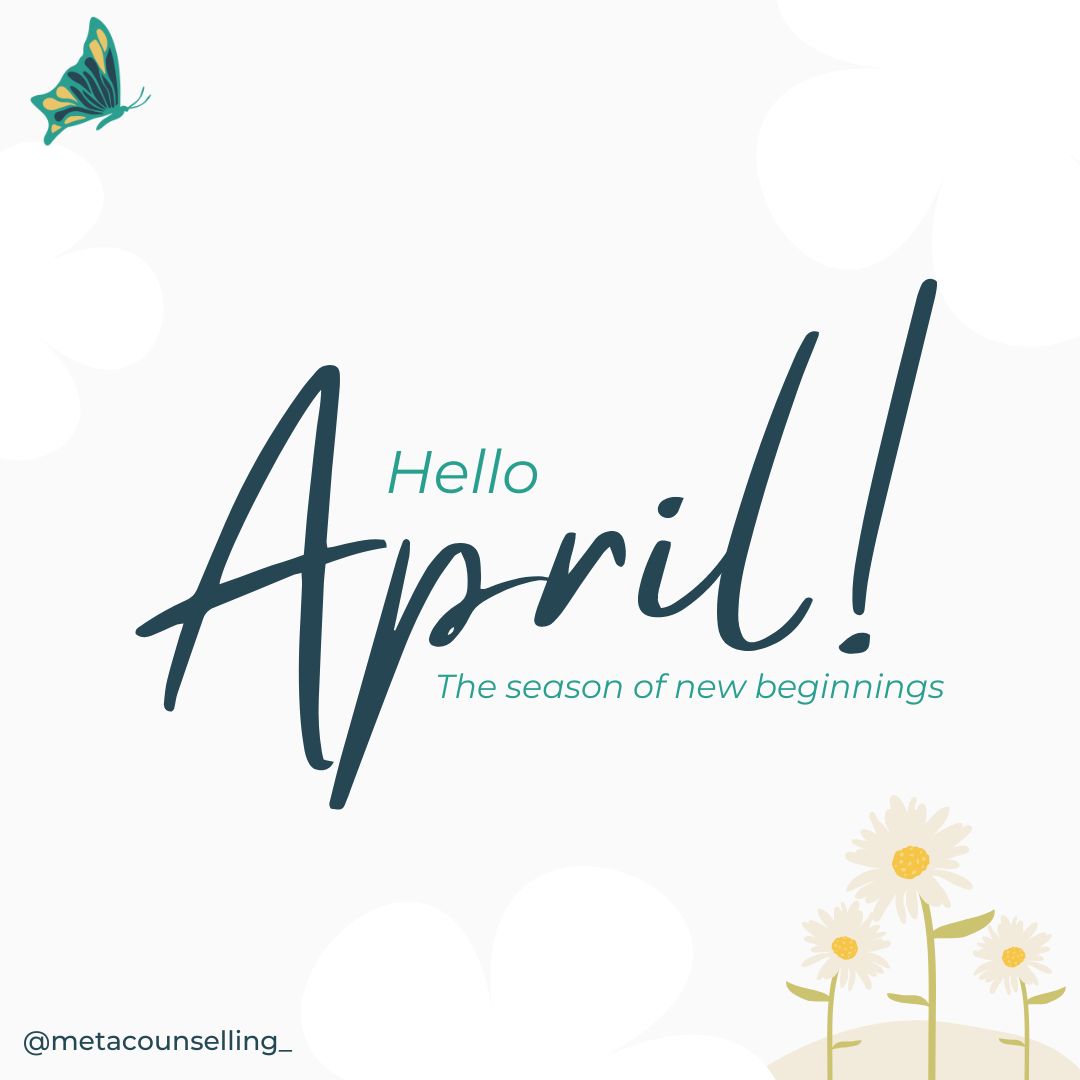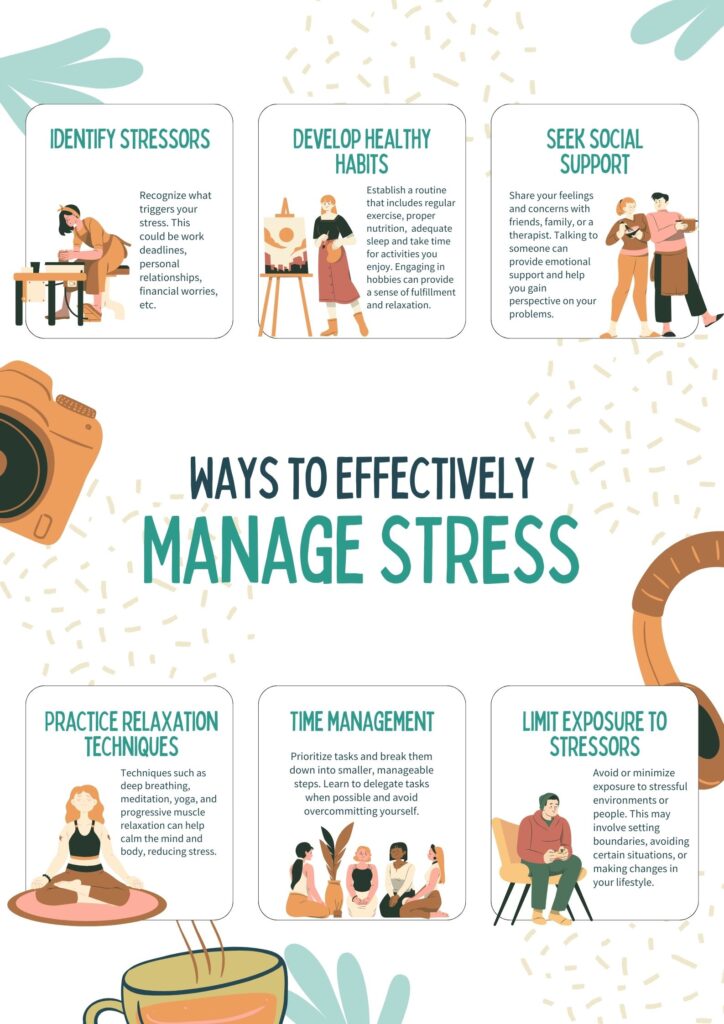
“April is a month of transition, when the cold begins to fade, and the warmth slowly returns.” – Unknown
…
Hello April!
We hope this month brings you an abundance of peace and positive change. Spring transition often brings rainy weather and gloomy skies, but we need the rain to eventually see the rainbow.
So when life gives you rain, look for rainbows. When faced with adversity, find the opportunity to create something beautiful.
We have more surprises for you this month! Stay tuned on our Instagram page to find out what they are! 😊
April is National Stress Awareness Month!
According to the Canadian Mental Health Association (CMHA), about one-quarter of Canadians said that they feel quite a bit stressed or extremely stressed most days.
But what exactly is stress?
Stress is the response of your body and mind to demands being placed on you. When you feel threatened, your brain releases chemicals called hormones that send alarm signals throughout your body. These hormones prepare your body to take action. The hormones make your skin sweat, your breathing quicken, your heart rate go up, your muscles tense, and your senses come alive. It’s this “fight or flight” stress response that allowed our human ancestors to survive when face-to-face with a threat. Unfortunately, most of our modern “threats” like workloads or family conflict are not situations we can easily fight with our fists or run away from. When we don’t have a healthy way to deal with stress, it can harm us more than help.
Common sources of stress include: Physical environments, family and relationships, work, life situations ad major life changes.
In small amounts, stress is actually beneficial. It can motivate us and push us to reach our potential. For instance, It can help you get through that presentation to your clients or motivate us to do homework when we’d rather take a nap. Stress is very individual. What you find stressful may not be stressful for someone else.
When stress piles up and makes you feel worse instead of motivating you, it can harm your mental health and well-being. Stress is a risk factor for someone who is already vulnerable to developing a mental illness. Stress can affect us physically too. In high amounts stress can, for example, cause high blood pressure and make it hard for your body to fight off infections.
How do I know if I’m stressed?
While some may be able to clearly identify when they are going through stress, others may have some difficulty. Signals of stress may include changes in your body, actions, emotions, and thoughts.
Changes in your body: Tense muscles, faster breathing and heart rate, headaches or stomach aches, changes in sleep or appetite, changes in bowel movements, exhaustion
Changes in your actions: Use of alcohol, cigarettes or other drugs as a coping mechanism, withdrawal from others, drinking more coffee, losing patience with others, fidgeting
Changes in your emotions: Difference in emotions, feeling worried and confused, feeling angry and irritable, inability to cope
Changes in your thinking: Trouble with concentration, memory and making decisions, racing thoughts, loss of self-confidence, negative attitude towards self and life
So you have identified that you are stressed. What should you do now? Read below for effective ways to manage your stress.
Resource: Stress – CMHA British Columbia








No comment yet, add your voice below!